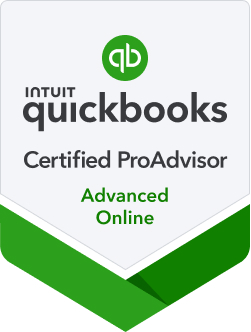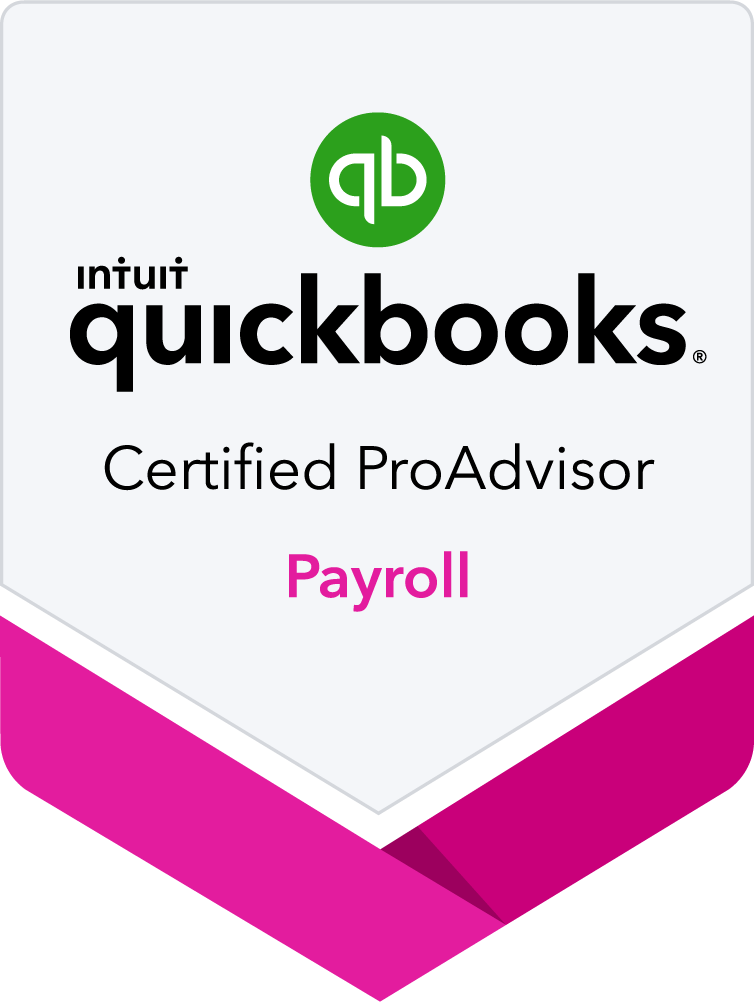Managing cash flow is vital for the success and sustainability of any business. Cash flow, the movement of cash in and out of a business, must be positive to ensure bills are paid, growth is financed, and solvency is maintained. This article outlines essential strategies for effective cash flow management and highlights common pitfalls to avoid.
Create a Cash Flow Forecast
The first step in managing cash flow is to create a cash flow forecast. This projection of expected cash inflows and outflows over a specific period helps businesses anticipate cash shortages or surpluses, plan for the future, and make informed decisions. By regularly updating the forecast, businesses can stay proactive in managing their finances.
Monitor Accounts Receivable
Closely monitoring accounts receivable is crucial. Accounts receivable represents the money owed to the business by customers or clients. Delayed payments or unpaid invoices can severely impact cash flow. Implementing clear payment terms and following up promptly on overdue payments can help maintain a healthy cash flow.
Manage Inventory Wisely
Effective inventory management also plays a significant role in cash flow management. Overstocking ties up cash in inventory, while understocking can result in lost sales. Regularly reviewing inventory levels and adjusting them to align with demand helps balance cash flow and ensures that the business can meet customer needs without unnecessary expenditure.
Control Expenses
Controlling expenses is another critical component of cash flow management. Regularly reviewing business expenses and identifying areas to reduce costs without compromising quality or service is essential. Negotiating better prices with suppliers, cutting unnecessary expenses, and prioritizing essential costs can significantly enhance cash flow.
Avoid Overreliance on Debt
Excessive reliance on debt can negatively impact cash flow due to accumulating interest payments. Reducing dependence on debt involves negotiating better payment terms with suppliers, cutting costs, and improving cash flow through better financial management. Aim to finance growth and operations through cash flow as much as possible.
Conclusion
Managing cash flow is crucial for any business and demands careful planning and attention to detail. By creating a cash flow forecast, monitoring accounts receivable, managing inventory wisely, controlling expenses, and avoiding overreliance on debt, businesses can improve their cash flow. Following these strategies helps ensure informed decision-making and long-term success.







